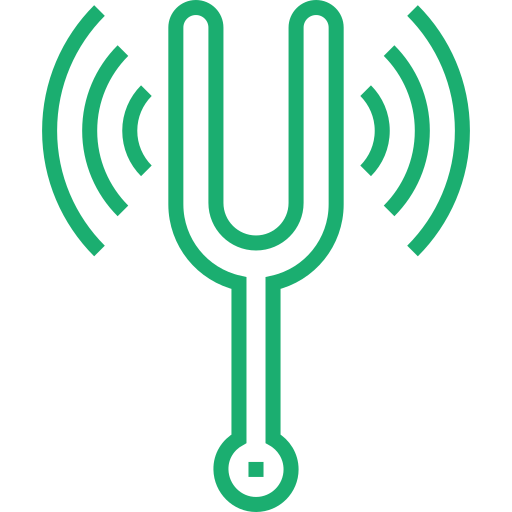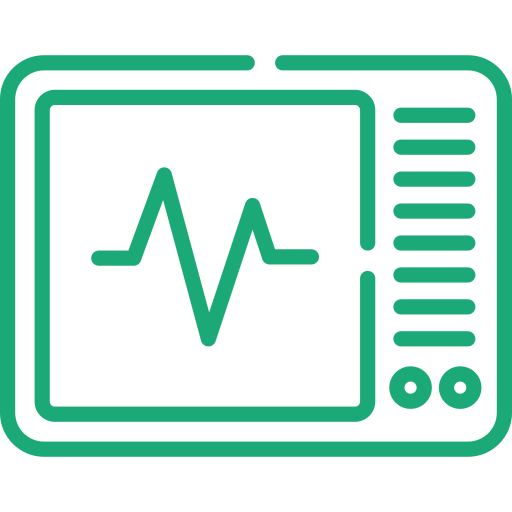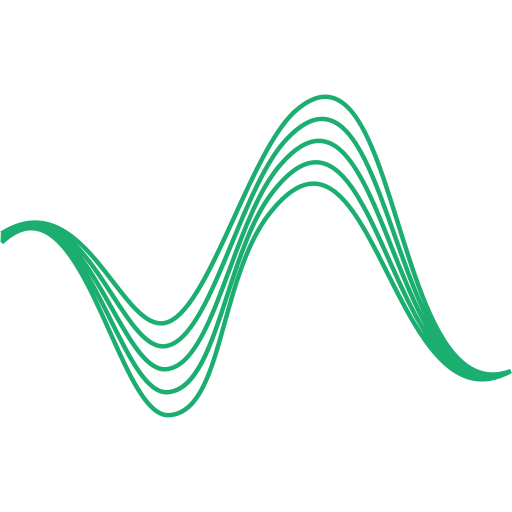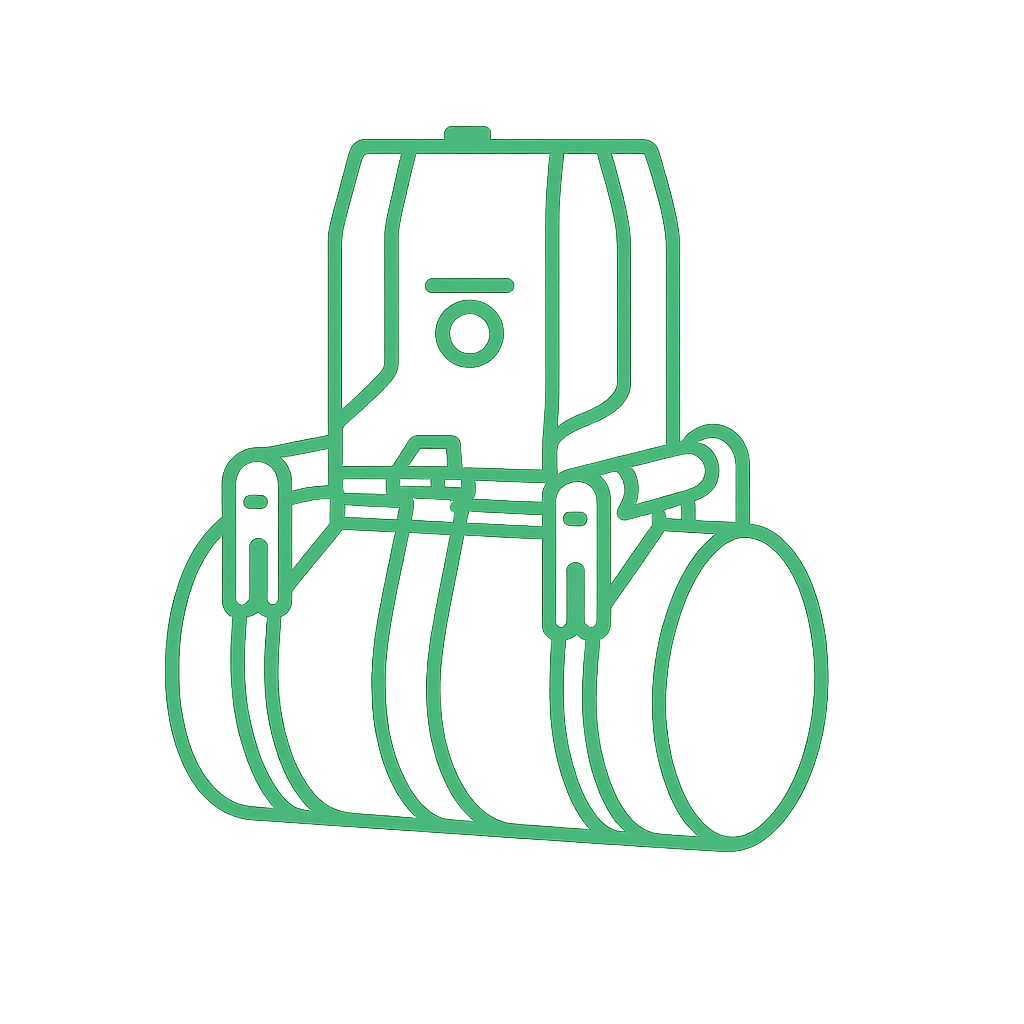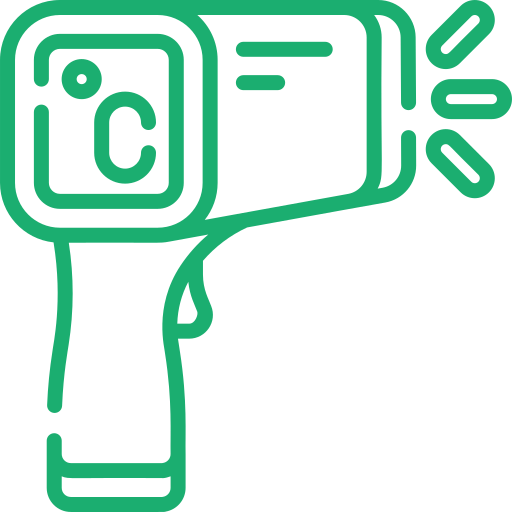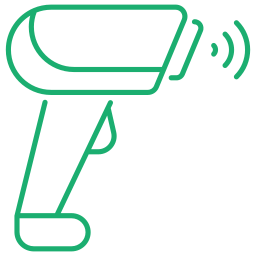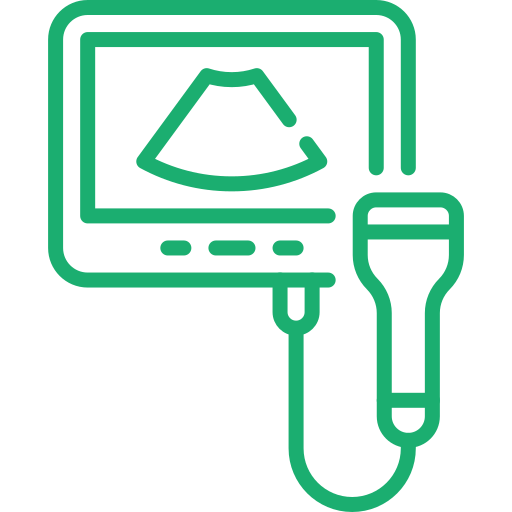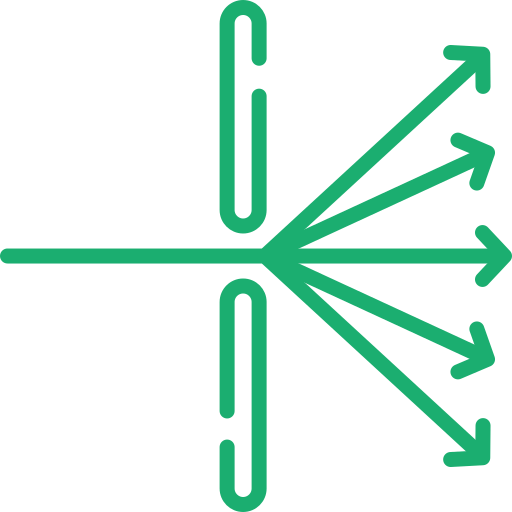Eddy Current Testing (ECT) is a non-destructive testing (NDT) technique used to inspect and evaluate the integrity of conductive materials, such as metals. It relies on the principles of electromagnetic induction to detect defects, discontinuities, and other anomalies in the material being tested.

BENEFITS
- Non-Destructive: ECT is a non-destructive testing technique, meaning it does not harm the material being inspected. This makes it suitable for inspecting critical components and structures without causing any damage.
- High Sensitivity: ECT is highly sensitive to small defects and surface irregularities, making it effective for detecting flaws that may not be visible to the naked eye.
- Rapid Inspection: It allows for rapid testing and can be used for both manual and automated inspections, reducing downtime in industrial applications.
- Versatility: ECT can be applied to a wide range of conductive materials, including metals and alloys. It can also adapt to various shapes and sizes, making it versatile for different applications.
- Cost-Effective: Compared to some other NDT methods, ECT can be cost-effective, especially for routine inspections, as it requires minimal sample preparation.
APPLICATIONS
- Aerospace: ECT is used to inspect aircraft components, such as turbine blades, landing gear, and fuselage for cracks and corrosion.
- Automotive: It is employed to assess the integrity of critical automotive components, including engine parts, suspension components, and welds.
- Manufacturing: ECT is used in manufacturing processes to monitor material quality and detect defects in fabricated components like pipes, tubes, and electrical connectors.
- Oil and Gas: It is applied in the oil and gas industry to inspect pipelines, pressure vessels, and other equipment for corrosion and stress-related issues.
- Power Generation: ECT is used to inspect power plant components, such as steam turbine blades and generator rotor cores.
- Railway: It is used for inspecting railway tracks, wheels, and axles to ensure safety and reliability.
- Nuclear Industry: ECT is employed in nuclear facilities to inspect reactor components for cracks and defects.
